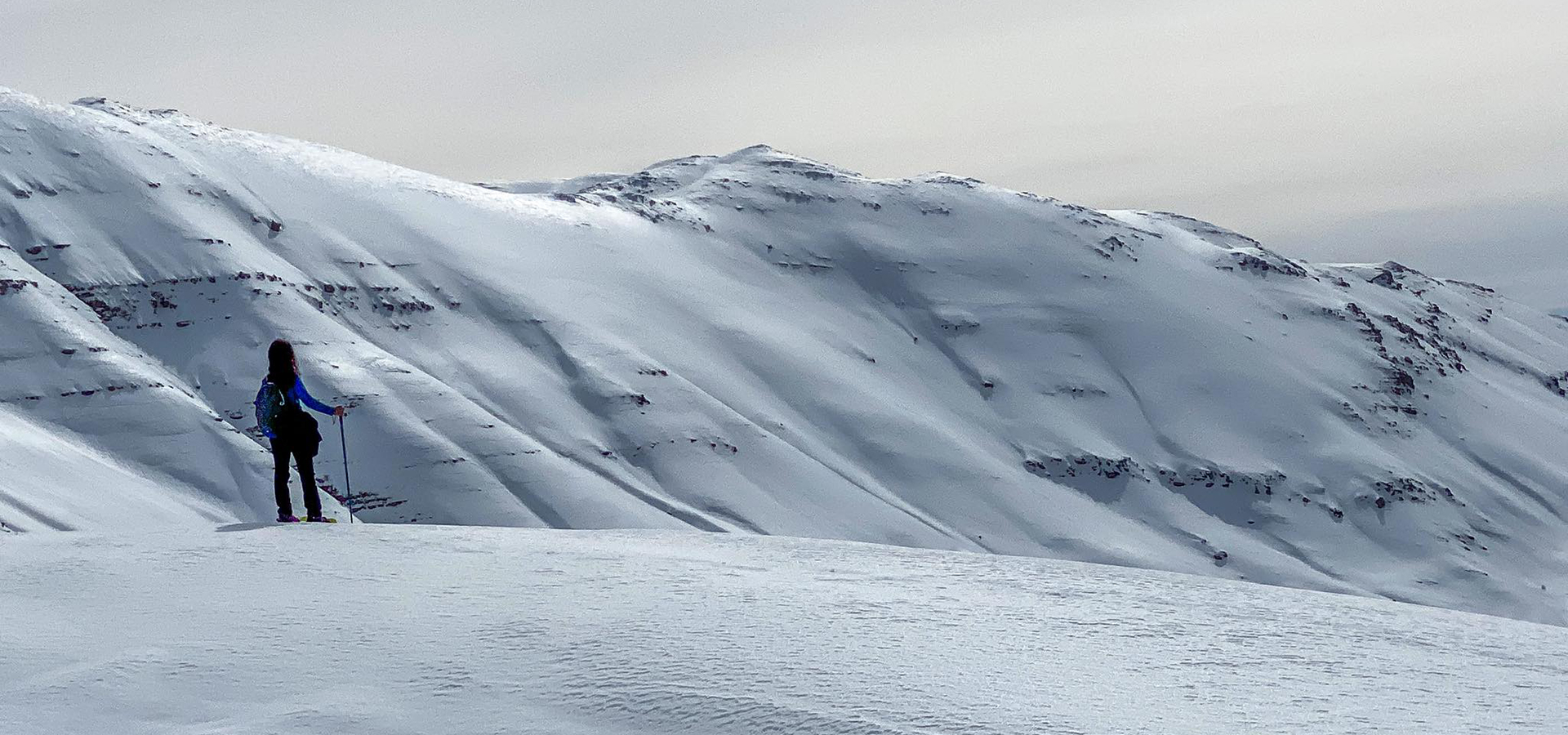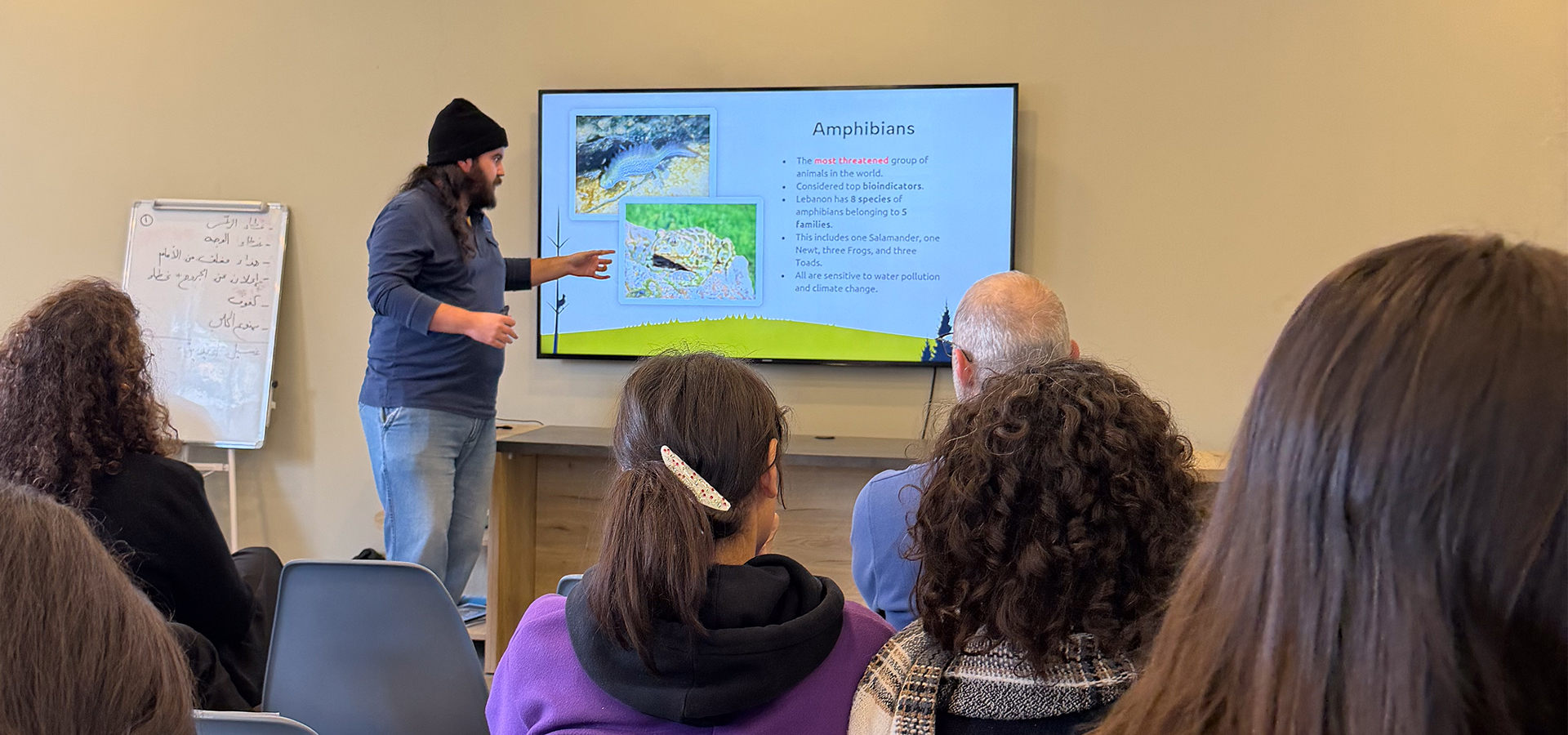
〽️ Mountain Ethics Declaration 〽️
- March 20, 2020
- 0
Accepted by the General Assembly of the UIAA & previously known as THE MOUNTAIN CODE.
- Individual Responsibility Mountaineers and climbers practice their sport in situations where there is a risk of accidents and where outside help may not be available. With this in mind, they engage in this activity at their own risk and are responsible for their own safety. The actions of individuals should not endanger those around them nor damage the environment. For example, the fixing of anchors on new or existing routes cannot automatically be taken as acceptable.
- Team Spirit Members of a team should be prepared to make compromises in order to balance the needs and abilities of all the group. The climb will invariably be most successful where the members support and encourage one another.
- Climbing & Mountaineering Community Every person we meet in the mountains or on a rock face deserves an equal measure of respect. Even in remote places and stressful situations, we should always treat others as we want to be treated ourselves.
- Visiting Foreign Countries When we are guests in foreign countries, we should always conduct ourselves politely and with restraint. We should show consideration to the local people and their culture – they are our hosts. We should respect local climbing ethics and style and never drill holes or place bolts where there is a traditional ethic against it or where no locally established ethics exists. We will respect holy mountains and other sacred places and always look for ways to benefit and assist local economies and people. An understanding of foreign cultures is part of a complete climbing experience.
- Responsibilities of Mountain Guides and other Leaders Professional mountain guides, other leaders and members of the groups they lead should each understand their respective roles and respect the freedoms and rights of other groups and individuals. In this declaration we recognise the high standards of practice achieved by the mountain guides’ own professional body.
- Emergencies, Dying and Death We must be prepared for emergencies and situations which result in serious accidents and death. All participants in mountain sports should clearly understand the risks and hazards and the need to have appropriate skills, knowledge and equipment. They need to be ready to help others in the event of an emergency or accident and also be ready to face the consequences of a tragedy. It is hoped that commercial operators in particular will warn their clients that their objectives may have to be sacrificed to assist others in distress.
- Access and Conservation We believe that freedom of access to mountains and cliffs in a responsible manner is a fundamental right. We should always practice our activities in an environmentally sensitive way and be proactive in preserving nature and the landscape. We should always respect access restrictions and regulations agreed by climbers with nature conservation organizations and authorities.
- Style The quality of the experience and how we solve a problem is more important than whether we succeed. We should always strive to leave no trace on the rock face or the mountainside.
- First Ascents The first ascent of a route or a mountain is a creative act. It should be completed in a manner at least as good as the style and traditions of the region. The way the climb was achieved should be reported exactly.
- Sponsorship, Advertising and Public Relations The cooperation between sponsors and mountaineers or climbers must be a professional relationship that serves the best interests of mountain sports. It is the responsibility of the mountain sports’ community to educate and inform both media and public in a proactive manner.
- Use of supplementary oxygen in Mountaineering The use of supplementary oxygen in high altitude mountaineering has been under debate for several years. In this debate, different components related to the topic can be distinguished, such as medical aspects and ethical considerations. The medical aspects should be of paramount concern to all mountaineers. Ethical considerations are best left to the individual climber, provided that, if a climber does use oxygen, plans are made to remove used bottles from the mountain.
- High altitude guided commercial expeditions It is hoped that commercial operators, especially those without qualifications, attempting 8000m or other comparable peaks which offer limited rescue facilities will recognize the limitations of the clients in their care. All efforts should be made to ensure the safety of such clients and also to warn their clients that plans may have to be curtailed to help others on the mountain in distress.











